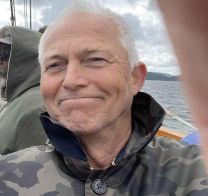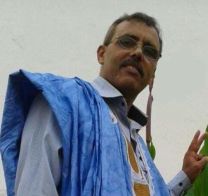We monitor and challenge companies and governments involved in advancing Moroccan interests in occupied Western Sahara.
Executive Management

Sylvia Valentin

Erik Hagen
Treasurer

Morten Nielsen
Board Member

Roberto Cantoni
Board Member

Ronny Hansen
Board Member

Tim Sauer
Board Member
Advisory Council



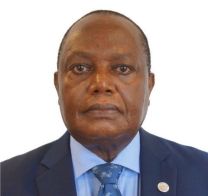
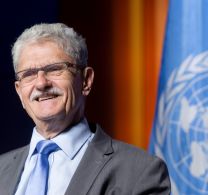

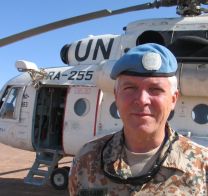
Our method
Research
WSRW conducts thorough analysis of financial, corporate, and institutional records to uncover hidden interests fueling the conflict. We monitor vessel traffic multiple times per day, extract online data, chase trucks and engage with shareholders. Our research is supported by trusted sources on the ground and whistle-blowers.
Publish
Our findings undergo meticulous fact-checking before publication. Our data is frequently referenced by media outlets, investors, academic researchers, and policymakers.
Advocate
We challenge corporate and governmental decision-makers with our research to create better conditions for a just and lasting peace in Western Sahara.
“As long as Morocco can partner with foreign companies in plundering and colonising occupied Western Sahara, it is unlikely that the world will see a future where the Saharawi people can exercise its legitimate right to self-determination.”
Sylvia Valentin
Chair
Our achievements
Corporate Withdrawals and Divestments
As a result of our campaigns, numerous multinational corporations and investors have ceased operations or divested from projects in Western Sahara. Major multinationals have withdrawn from the trade in the extractives sector, to a large extent led by engagements from financial institutions. Substantial developments have also taken place in supply chains, as well as in fisheries and consultancy sectors. Hundreds of millions of Euros have been divested by concerned shareholders.
Legal Progress
Our research has contributed to key legal victories, including landmark rulings by the Court of Justice of the European Union confirming that Western Sahara is a separate territory from Morocco and that bilateral agreements between the EU and Morocco cannot legally include Western Sahara without the consent of the Saharawi people.
Policy change in Governments and Institutions
WSRW has successfully obtained real policy change from governments and international organisations. This has been achieved via direct meetings with decision-makers, facilitation of parliamentary questions, and letter writing. Our work was instrumental in the EU Parliament’s decision to vote down the EU-Morocco Fisheries Agreement in 2011, the first time in history that the European Parliament stopped such an agreement initiated by the European Council. WSRW submits reports and complaints to UN bodies and public funding mechanisms.
Global Awareness
Through our reports, media outreach, and collaboration with civil society, WSRW has helped raise global awareness about the situation in Western Sahara. Our work has been featured in major international news outlets, and we have partnered with human rights organisations to bring the issue to the forefront of corporate and governmental accountability discussions. We aid academics, students, governments, film makers, authors. We believe it is fundamental to underline the commercial ties between Western Sahara on one side and communities overseas on the other. These connections impose a direct moral responsibility on all of us—not only as fellow humans but also as indirect participants in the injustice itself.
We need your support
WSRW looks for partners to support our work, both grants and individual donations. Contact us on coordinator[at]wsrw.org if you want to hear more.
WSRW has since 2010 had a one-person staff. The secretariat is supported by volunteers in around 40 countries, who together research and campaign the implicated foreign companies. Its work is based on a set of Mission, Objectives, Demands. The organisation is registered in Brussels, and was established in 2005.
WSRW currently receives generous core grants from Artikel2 in Sweden, medico international in Germany and Emmaus Åland in Finland. We are politically independent, not receiving grants or gifts from parties to the conflict nor from its neighbouring countries. WSRW is member of International Corporate Accountability Roundtable.
Download variations of our logo here (zip).
